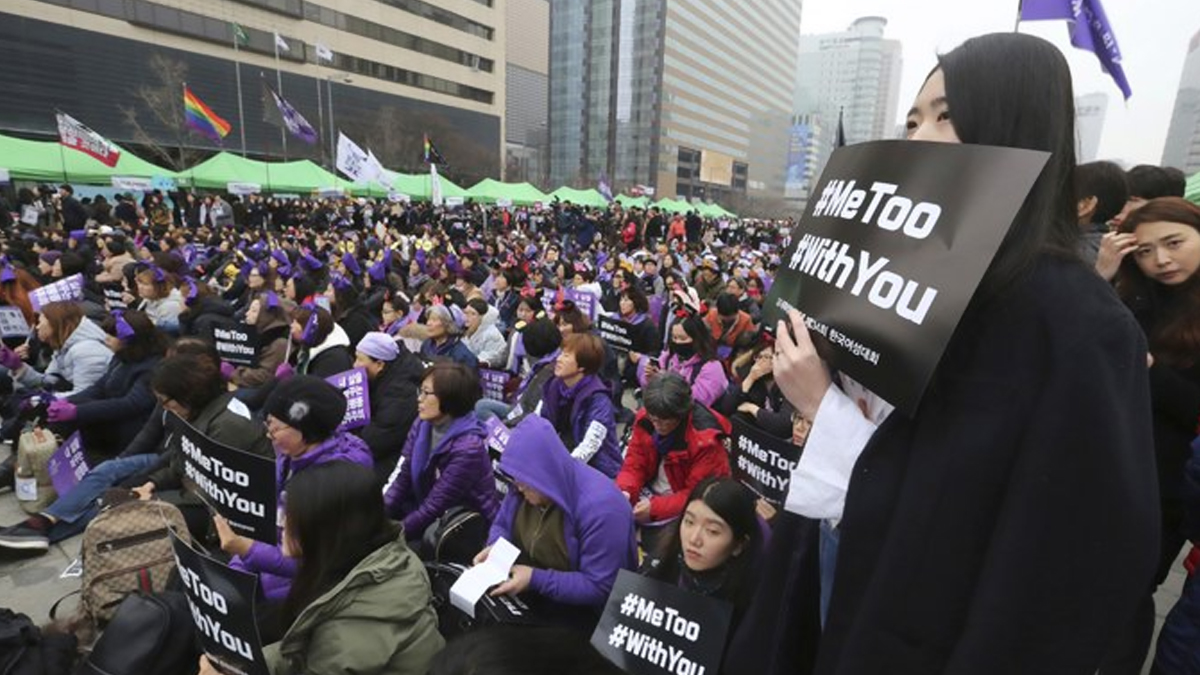Seoul, September 14: South Korea’s antitrust regulator said on Tuesday it has decided to fine global tech giant Google 207.4 billion won ($176.8 million) for its alleged abuse of the market dominance in the mobile operating system and app markets. Since 2016, the Korea Fair Trade Commission (KFTC) has been looking into Google over allegations it obstructed local smartphone makers, such as Samsung Electronics Co, from using operating systems developed by rivals.
Google has hampered market competition by requiring smartphone makers to clinch an “anti-fragmentation agreement (AFA)” when they sign key contracts with Google over app store licenses and early access to OS, according to the regulator. Apple Event 2021 LIVE News Updates: iPhone 13 Pro & iPhone Pro Max Unveiled.
Under an AFA, device makers are not permitted to install modified versions of Android OS, known as “Android forks” on their products. They are also not allowed to develop their own Android forks.
This practice has helped Google cement its market dominance in the mobile platform market and undermined innovation in the development of new OS for smart devices, according to the regulator. In addition to the fine, the KFTC ordered Google LLC, Google Asia Pacific and Google Korea to take corrective steps, reports Yonhap news agency.
The regulator has ordered Google to ban its practice of forcing Android manufacturers to sign an AFA and to make corrections on details about the AFA before reporting them to the commission.
“We expect the latest measures will help set the stage for competition to revive in the mobile OS and app markets. This is also expected to help the launch of innovative goods and services in smart device markets,” the KFTC said. The regulator is separately investigating three more cases related to Google’s alleged anti-competition activity.
The KFTC is looking into whether Google allegedly forced mobile game applications to be only released on its Play store. A probe is underway for Google’s unfair business practice over the sale of digital ads.
The commission has been also probing into whether Google’s new billing policy has harmed market competition. Google earlier announced a plan to charge a 30 per cent fee to all app developers over in-app digital content purchases in South Korea. Separately, the National Assembly endorsed an act in August that will curb the dominance Google and Apple exert over payments on their app stores. The move enabled South Korea to become the first nation in the world to enact such a law.
(The above story first appeared on Morning Tidings on Sep 14, 2021 11:42 PM IST. For more news and updates on politics, world, sports, entertainment and lifestyle, log on to our website morningtidings.com).




